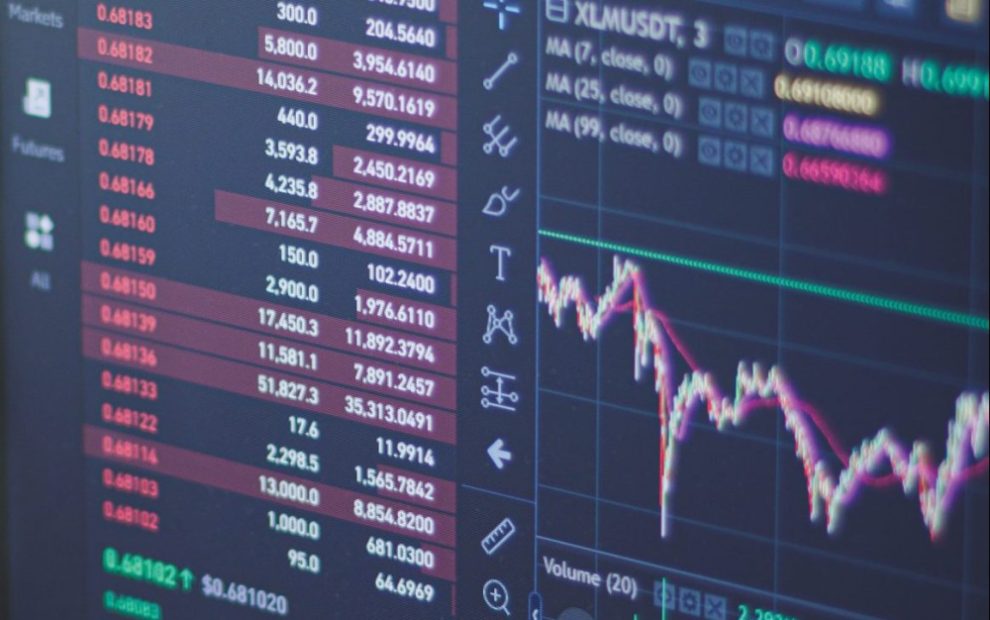Does FTX mean anything to you? Maybe it depends on your age. I wondered what it was when I started seeing its logo prominently displayed on baseball umpires last season. Turns out FTX is a cryptocurrency trading exchange—or was.
Last November, the exchange suddenly shut down from its base of operations in the Bahamas, where a bunch of 20-somethings were taking people’s money on the exchange and then “redirecting” it in all sorts of ways, including massive political donations. The disgraced founder, Sam Bankman-Fried, was a prominent advocate of the movement known as effective altruism. The movement seeks to direct the donations of the very-wealthy toward the projects and initiatives that do the most good. However, the actual business supposedly making Bankman-Fried and his lackeys wealthy was a complete disaster. As John J. Ray III, the government-appointed liquidator, said to Congress, “Never in my career have I seen such an utter failure of corporate controls at every level.”
FTX and the rest of the world of cryptocurrency can seem like a parody of the whole online age. How can millions of people be persuaded to put their money in the hands of a virtually unregulated exchange whose assets consist largely of digital tokens of value? The answer appears to be some combination of celebrity and “influencer” endorsement and the sense that this was the “next big thing” that “everybody is doing.” But there’s a deeper question to ponder: What exactly does it mean to invest one’s money? What are we seeking when we do so?
The answer, all too often, is that we are just seeking more money, “maximum return,” as they say, and the appreciation of crypto assets seemed to some to promise just such a return. But for Catholics seeking maximum return is not the aim of investing. Coincidentally, also in November, the Pontifical Academy of the Social Sciences issued Mensuram Bonam, a guide to faith-based investing for Catholics. This is a document which formulates guidelines for the papal insistence that, as St. Pope John Paul II stated and Pope Benedict XVI restated, “investment always has moral, as well as economic significance.”
The Vatican is not trying to give stock picking advice. Rather, it stresses that “for investors with faith, the view of the world formed by numbers and analytics is forever incomplete.” Return on investment is reasonable, but maximizing that return is not the whole purpose. Catholic theologian and business ethicist Michael Naughton nicely describes this by distinguishing foundational goods and excellent goods. The former is something like food for human life or profit for a well-run business: It’s essential (as a “foundation”), but it’s not the ultimate purpose. So too with investing; Mensuram Bonam says investing as a vocation is “a capability inherited from God to creatively foresee, mitigate, and resolve creaturely vulnerabilities.”
That may seem like a weird way to describe investing. But this is what businesses at their best are about—providing for the society useful products that make life better and providing for themselves the equipment, personnel, and planning that will continue to make the business better. For example, I spent 10 years on the board of a consumer cooperative grocery store. Investing in the co-op meant people could depend on us to provide clean food in an inviting space, employing their neighbors to manage the operation, returning profits to customers, and enhancing the store in which we all shopped. The co-op wasn’t there to make the most money for everyone involved. But it needed careful and well-managed investment to achieve its purposes.
Cooperatives are even mentioned favorably in Pope Benedict’s social encyclical Caritas in Veritate (Charity in Truth), but often enough, this local and participatory approach isn’t how we think about investing. Instead, we put our money into larger funds that pool resources and buy shares or bonds or real estate. At some distance, investing is still meant to make its way to entities that are creatively addressing various human vulnerabilities.
The best investments for Catholics are ones that actually support and enhance businesses that, in their own operations, do good things for the world.
Advertisement
But does it? Both the crypto crash and Mensuram Bonam should press us to think more carefully about our investing decisions in more-than-economic terms. On the one hand, we should look at large investment funds in terms of more than just financial returns. The Vatican document highlights three crucial “calls”: to engage, to enhance, and to exclude. The call to engage involves using stock ownership in order to press managers for “coherence with the spirit of Catholic social teaching principles.” Ownership can prompt a conversation. The call to enhance seeks to rate companies on various metrics other than just money metrics of price and profits—for example, on excellence in operations, on environmental criteria, or on companies that create innovative products especially needed by the world’s poor and vulnerable.
Finally, the call to exclude takes seriously the importance of rejecting investment in various enterprises because of their connection to abortion, armaments, pornography, addictive substances, and numerous other categories mentioned in the document. Many investment funds—including specifically Catholic ones—have “screens” that limit or completely exclude some companies. The document suggests that all these calls should be pursued together. General investment products can be structures of solidarity that direct businesses to higher, more human purposes, instead of social structures that exclusively focus on maximizing monetary returns.
On the other hand, we can also be alert to the great dangers of pseudo-investments that are really “speculation.” The distinction between investment and speculation was clearly ignored in the crypto crash. It’s important to understand that speculators have a place in well-functioning financial markets, especially to smooth out cycles and hedge future positions.
But a famous economist once noted the difference between a market with a little speculation around the edges and a speculative bubbly froth holding up a market. An investment in cryptocurrency is almost pure speculation; it is a bet that its perceived value to others will increase in the future. Speculation ignores both the sustainability of the business itself and the lack of benefits provided to the real economy, i.e. things people need. For moral reasons, Catholics should avoid speculative investments and should be suspicious of any investments that promise outrageously high returns.
It is a great irony that Bankman-Fried espoused a supposedly “ethical” viewpoint of effective altruism, which is supposed to focus on using money to maximize long-term benefits to all of humanity. But you can’t do long-term good for the world using morally suspect means. That’s a crucial principle for any business, and indeed any part of life, according to Catholics. We bring about good by doing what is good. The best investments for Catholics are ones that actually support and enhance businesses that, in their own operations, do good things for the world.
This article also appears in the May 2023 issue of U.S. Catholic (Vol. 88, No. 5, pages 40-41). Click here to subscribe to the magazine.
Image: Unsplash/Behnam Norouzi














Add comment